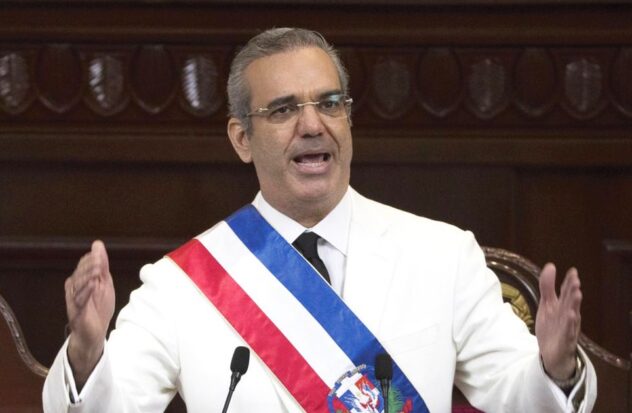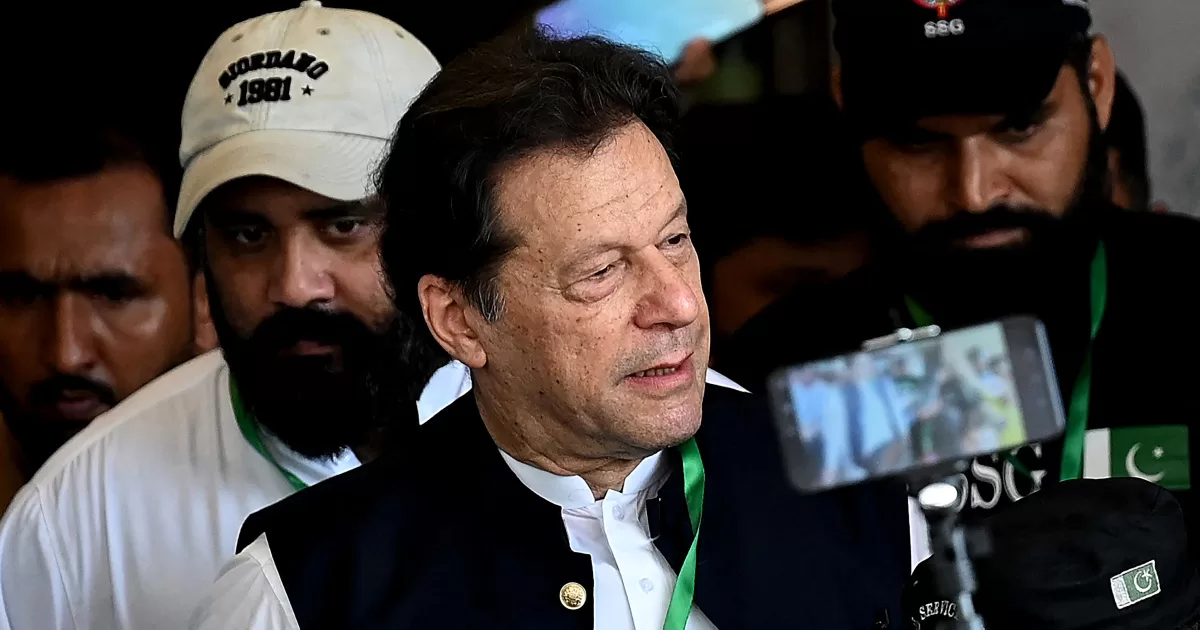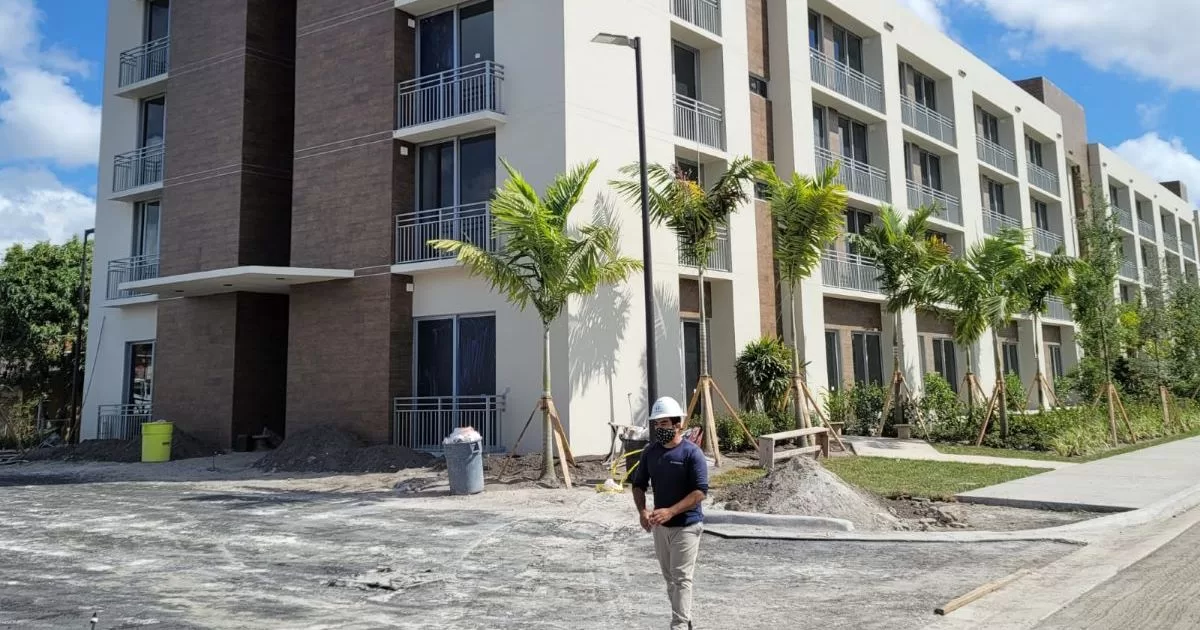The condition to win the first round is to obtain 50% plus 1 of the votes. If this is not achieved, the second round is scheduled for June 30.
In addition to the president and vice president of the republic, Dominicans are called to vote to elect 32 members of the Senate, 31 provinces and the National District, and 190 members of the Chamber of Deputies. In that sense, There will be three ballots: presidential, senatorial and deputations.
For the presidency there are nine candidates, but the competition is concentrated in three: The current president, Luis Abinader (Modern Revolutionary Party-PRM), former president Leonel Fernández (La Fuerza del Pueblo- FP) and Abel Martínez (Dominican Liberation Party -PLD), who was mayor of Santiago de Los Caballeros.
The rest of the candidates are Miguel Vargas Maldonado (Dominican Revolutionary Party), María Teresa Cabrera (Frente Amplio); Fulgencio Severino Cruz (Homeland for All Movement); Carlos Peña Batista (Generation of Servers Party); Virginia Rodríguez Grullón (Democratic Option Party) and Roque Alejandro Espaillat (Democratic Hope Party).
“There are nine candidates, but basically there are two blocs: There is a ruling party bloc that has the support of 22 parties, which will put President Abinader’s face on the ballot, and another that is the opposition bloc. Strategically they are all allies, they are separated because this way it is easier to create a second round,” says Dominican political scientist and consultant Belarminio Ramírez, in an interview with DIARIO LAS AMÉRICAS.
Ramírez highlights the scope of the upcoming elections. “It is the farewell for some and the entry point for new actors who will have to dominate the political scene for 30 or 40 years. For people it is another choice. But, social scientists, we are well informed of the meaning of this process because in the Dominican Republic there is a historical behavior: The leaders first go, suffer one or two defeats until they make themselves known and become leaders with a national image, with an empathy with the population, then that is where they manage to rise to power,” he explains.
Surveys and democracy
On May 7, after the release of the Greenberg-Diario Libre survey that places President Luis Abinader in first place, sectors of the Dominican opposition warned that the data may change on the way to the May 19 elections.
Las surveys They indicate 58% for the re-election of Abinader, 56 years old and who was elected in 2020.
Regarding this, the former president and candidate Leonel Fernández, who governed Dominican Republic On three occasions, he said that the numbers will be reversed due to “the electoral turnaround” reflected by his party, Fuerza del Pueblo. The survey, carried out from April 16 to 26, 2024, showed 25% for Fernández and 13% for the candidate Abel Martínez.
“The polls say that the current president wins, but I prefer to wait: The polls here have been manipulated,” says political scientist Berlaminio Ramírez.
He adds that, through opinion studies, an attempt has been made to exert some type of influence among undecided voters and the instrument is “strongly discredited.”
The researcher also believes that democracy in the Dominican Republic has devolved greatly and relates this situation to citizen indifference.
“When you have the majority of the population that does not want to participate, that does not want to assume public and social responsibility, then democracy loses legitimacy. There is a delegitimization of democracy that was evident in the participation in the municipal elections in February, and it is one of the elements that makes these upcoming elections more important: if abstention exceeds previous processes, the danger is much greater. ”, emphasizes Berlaminio Ramírez.
He adds that indifference is more pronounced in the case of the young segment of the population.
Abstention in the 2024 municipal elections was 53.2%. In those elections, the ruling Modern Revolutionary Party (PRM) He obtained 121 of the 158 mayorships.
“High abstention rates not only impact the democratic consolidation of a country, but also affect the emotional, physical and social well-being of its citizens,” said psychologist Maffel Santana, from the Technological Institute of Santo Domingo (INTEC), in February. past.
After re-election
“After a deep reflection, I understood that the country is above my family or personal tranquility, that is why I announce today my decision to participate in the internal elections of the Modern Revolutionary Party, to be its candidate for the Presidency of the Republic in the 2024 elections,” the president announced Luis Abinader on August 14, 2023.
According to Berlaminio Ramírez to DIARIO LAS AMÉRICAS, “the strategy for the re-election of President Luis Abinader was set up since 2020, the same day they took power. Everything focused on promoting him and not giving publicity to any official. “Everything came together in the presidential figure.”
He asserts that, in surveys when they ask for the name of the Minister of Education or the Minister of Health, for example, more than 90% of the population does not know their names. “The strategy from the beginning was calibrated on the presidential figure,” she points out.
The consultant indicates that former president Leonel Fernández “has a somewhat arid terrain and has a very high rejection table.” He explains that, when he governs himself for a long time, negativity is generated.
“A double-round system is the biggest obstacle that leadership can have and Professor Fernández has it. In addition to the age factor (70 years old), new voters do not know him and it has been difficult for him to see himself as a rival who can beat Abinader. On the other hand, the population sees Fernández as responsible for the shortage,” he explains.
Consultant Berlarminio Ramírez believes that Abel Martínez “will get more votes than Leonel Fernández because he has a more structured and stronger party.”
In the first week of May, Martínez denounced: “We have a referee who, although we have given him the confidence to administer elections, has been very lazy or has knelt before the ruling party.”
Institutional scenario
About the institutional situation of Dominican Republic, political scientist Berlaminio Ramírez says that Congress plays a role of less balance and counterweight every day. He gives as an example that, in one year, eternal debt loans multiplied 40 times compared to the previous 40 years. “Everything is approved as ordered, there is no follow-up to diplomacy: Congress is not auditing. The government has everything, so they are neither audited nor supervised, nor are they accountable.”
At the same time, he points out that the government of Luis Abinader “he used the imprisonment and arrest of the opposition leadership to position himself electorally” and that the Public Ministry does not open proceedings for acts of corruption.
“Politics has been judicialized here in the last three years. Another thing is that drug trafficking has gained a lot of ground in the Dominican Republic, to a certain extent there is narcopolitics, because in the 2020 electoral process the investment of drug trafficking was very strong,” he indicates.
On May 7, the Central Electoral Board (JCE) of the Dominican Republic prohibited the granting of economic bonuses and pensions by public administrations, as well as political propaganda in these institutions, until after the elections. elections general.
@snederr
Source: Diario Las Américas / Diario Libre





